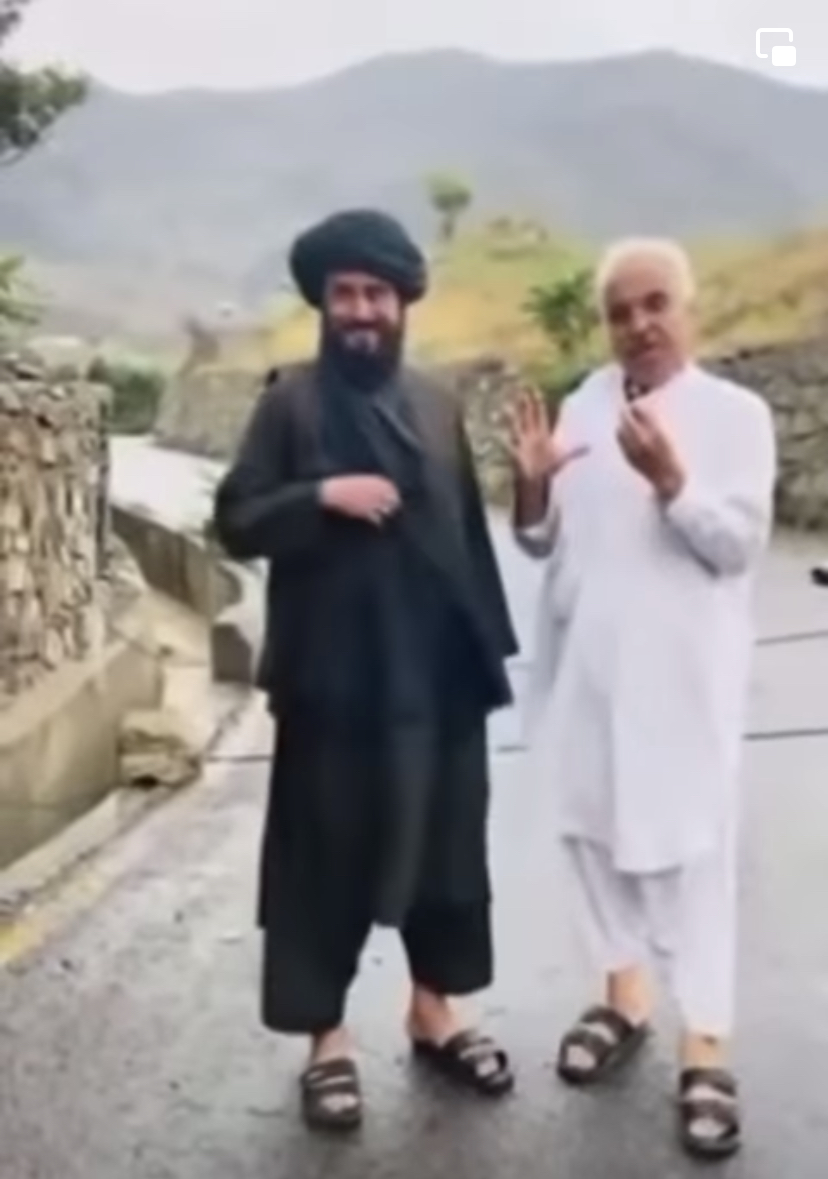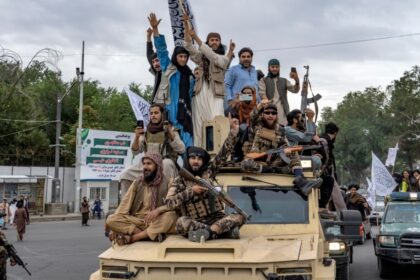RASC News Agency: The Khalqi faction, which once denounced Muslims as reactionary and deemed Islam a backward ideology, has, following the collapse of their regime, gradually aligned itself first with Gulbuddin Hekmatyar’s Islamic Party and later sought refuge under the ethnically-driven Islamic Emirate of the Taliban.
The unwavering support of the Khalqis, especially the followers of Hafizullah Amin known for their extreme ethnonationalism has led them to ignore the Taliban’s atrocities while returning from the West to whitewash the Taliban’s dark image before the world. This occurs despite the fact that the Taliban’s laws and decrees are unacceptable to the overwhelming majority of Afghanistan’s Muslims.
However, for the Khalqis, who have always had a fundamental issue with religion itself, these laws pose no significant problem. Since the Taliban’s rise to power, most of those who have returned to the country and pledged allegiance to the Taliban hail from this very group. Many of the former generals from the Republic’s government, who were once communists, now operate from offices in Wazir Akbar Khan, offering “advice” to the Taliban’s security apparatus.
Many analysts believe that the close relationship between the Khalqis and the Taliban dates back to the Taliban’s first regime, during which many military officers of the Democratic Party of the People of Afghanistan (PDPA) disguised themselves as “Mullahs” and “Mawlawi” within the Taliban’s ranks. Today, not only are followers of Hafizullah Amin present within the Taliban, but Khalqis also occupy some of the highest positions within the Taliban’s leadership. Mullah Baradar, who prides himself on being more devout than the Prophet’s companions, was once a member of the Eighth Directorate of KHAD during the communist era. Another prominent Khalqi, Abbas Stanikzai, currently holds a senior political position as the Deputy Minister of Foreign Affairs.
What is particularly striking is that when the international community and the people of Afghanistan warn about the deteriorating political and security situation, it is the Khalqis who most vocally appear as analysts and defenders of the Taliban. The question arises: Why are they so concerned about the Taliban’s potential collapse? It is evident that the Khalqis do not believe in the faith of the Afghanistani people, let alone the Taliban’s rigid and extremist interpretation of Islam. Their primary concern is the preservation of Afghan/Pashtun ethnonationalism, not the religious zeal of the Taliban.
Many of these former hardline communists fled to the West after their dictatorial regime collapsed, living under the protection of Western imperialism. Now, with a medieval group in control of the country, they have returned to Taliban-ruled Afghanistan to convince the world that the Taliban have brought “security.” One such figure attempting to sanitize the Taliban’s brutal and archaic image is “Spin Tani,” a BBC Pashto journalist. During the rule of the Democratic Party of the People of Afghanistan, he worked as a broadcaster for Radio Moscow’s Pashto section. In a video taken in Panjshir, where he is accompanied by several Taliban and their sympathizers, he asks one of them, “Where did you come from to reach Panjshir?” The individual responds, “I am Pakistani.” The journalist retorts, “It doesn’t matter, you’re Afghan,” to which the man replies, “No, I am not Afghan; I am Pakistani.” The journalist’s face flushes with embarrassment, not because of the presence of a Pakistani in Panjshir, but because this person denies being Afghan (Pashtun). These tribal chauvinists visit Panjshir to degrade the Tajiks while the local Panjshiris themselves are denied freedom of movement in their own province.






